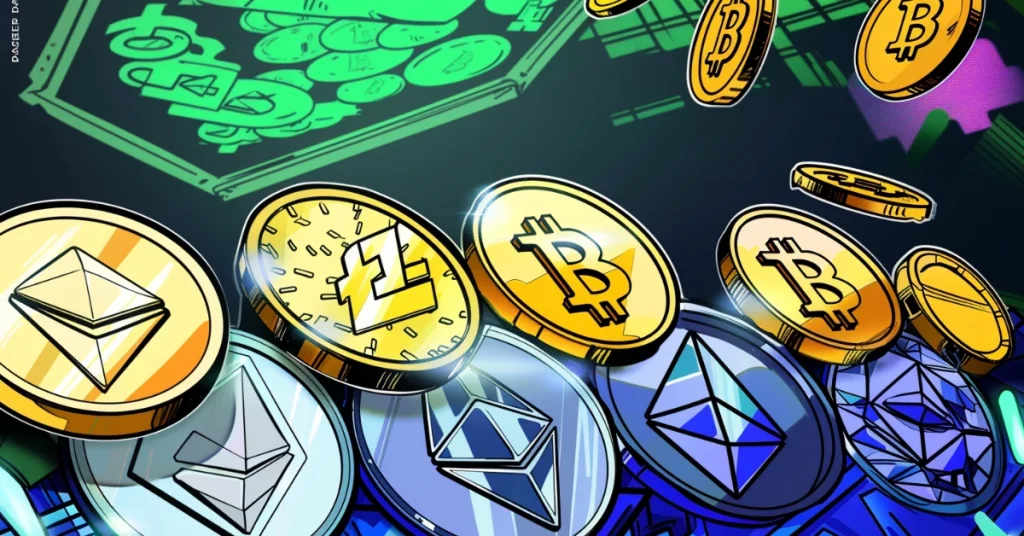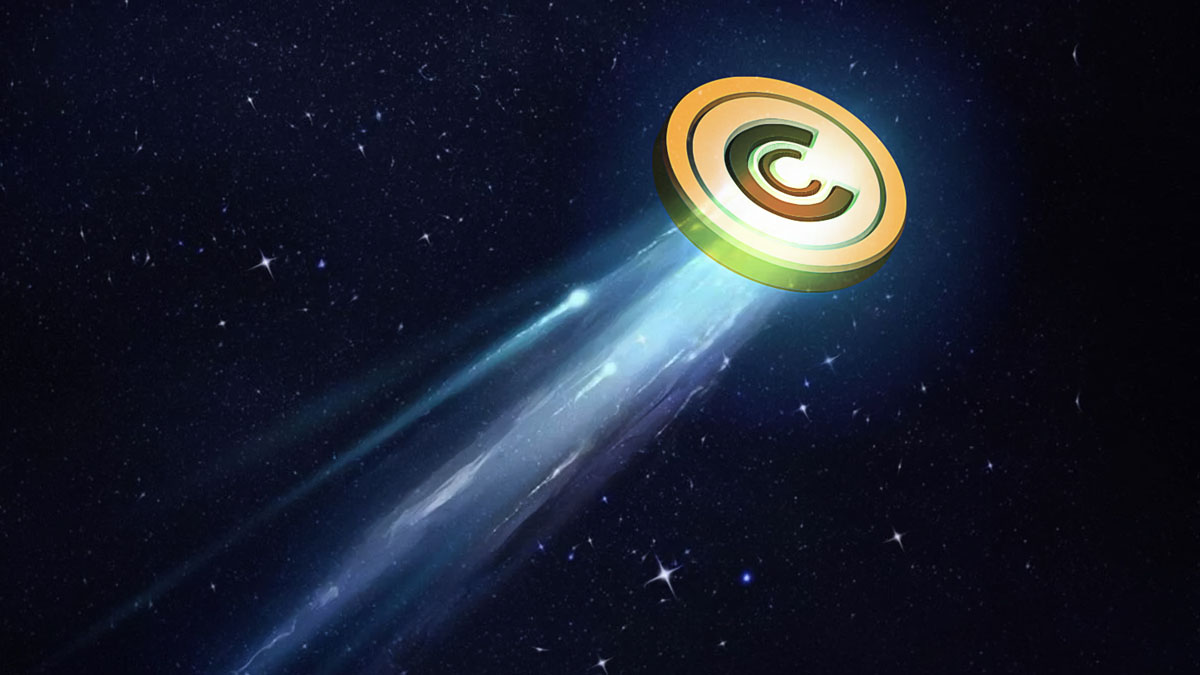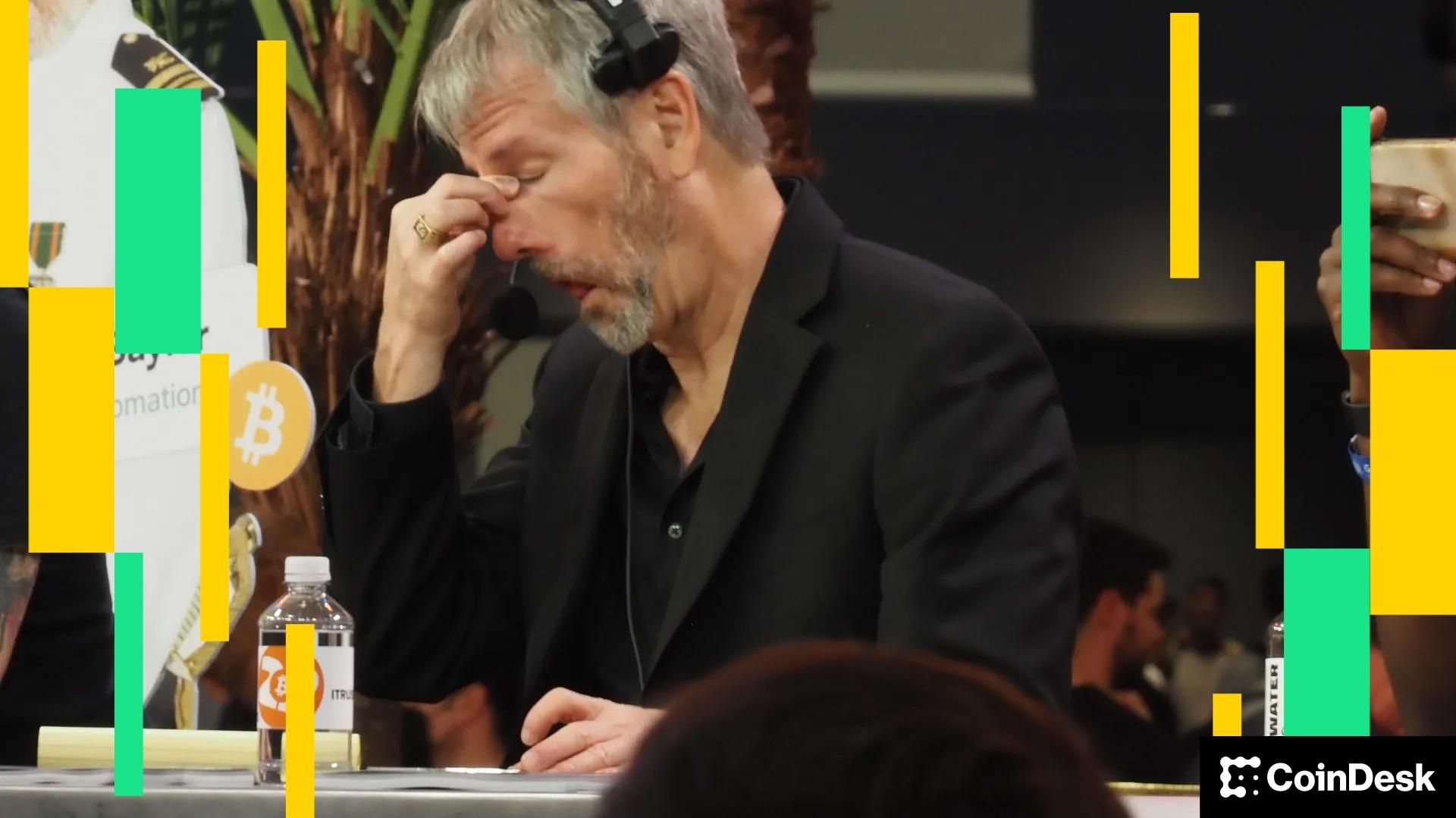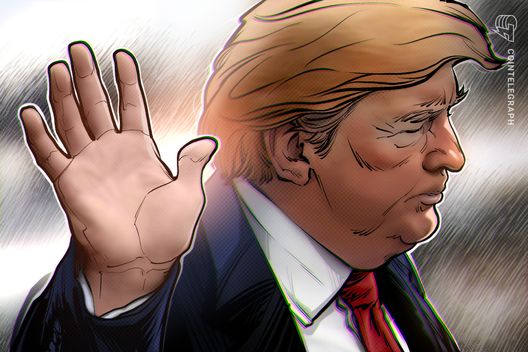Australian rare earth companies just secured a windfall after Donald Trump’s administration and Prime Minister Anthony Albanese signed a rare earths and critical minerals deal this week in Washington, according to the Financial Times.
The agreement sends $2 billion from both countries straight into projects meant to compete directly with China’s supply chain stronghold, and miners like Art Malone are cashing in.
At 3am, Malone got a call that his company, Graphinex, was landing an A$1.3 billion ($860 million) loan under the US initiative. “I fell out of bed when I heard the number,” he said, stunned. “I felt like a rock star,” he added at a mining event just days later.
Graphinex controls what’s now ranked the third-largest graphite deposit in the world, but Malone said investors never took it seriously before. He said the US-Australia agreement was finally rewarding those “at the front of the curve.”
Now it’s full steam ahead for miners that used to be ignored. Australia has become a central player in the West’s scramble to weaken China’s control over rare earths. This shift comes as Beijing clamps down on exports and tensions with Washington escalate.
Trump signs $2B critical minerals deal with Australia
At the White House, Trump and Albanese signed a pact to jointly invest about $1 billion each in rare earth and mineral projects. The US Export-Import Bank followed with $2.2 billion in loans to kickstart work with seven initial companies.
That list includes Malone’s Graphinex, Arafura Rare Earths, Northern Minerals, and RZ Resources.
Doug Burgum, who’s now leading the US interior department, compared the effort to the Manhattan Project. He said the minerals race and the race for AI supremacy were both “as important as the Manhattan Project.” The deal comes with massive upside for early backers.
Gina Rinehart, who made her money in iron ore, bought into Lynas Rare Earths back in 2020 and has since bankrolled smaller players like Arafura, St George Mining, Brazilian Rare Earths, and even US-based MP Materials. All of them have surged in value in the past six months.
The Australian government just took a $100 million stake in Arafura, doubling down on its position. Officials on both sides of the Pacific say the Arafura site, near Alice Springs, and a gallium refinery in Western Australia — run by Alcoa and Japan’s Sojitz — are top priority. Gallium is essential for defense and semiconductor tech.
Smaller players face funding struggles as costs soar
Not every miner is rolling in cash. Lynas may be flying high, but others are struggling to find financing. Investors still worry about taking on China’s dominance, and the numbers don’t help. Analysts say building rare earth refineries in Australia costs about five times more than in Asia, mostly because of energy and labor. That’s where government subsidies come in.
The Australian government is pumping cash into projects like Iluka Resources, which is building a A$1.8 billion refinery in Western Australia. But some think it’s not enough.
Thomas Kruemmer, director of Ginger International Trade & Investment, questioned the entire approach. “Why would you want to spend taxpayer’s money in Australia to solve other people’s problems?” he asked. “There is no market for rare earths here.”
Others see it differently. Dominic Raab, who was once UK deputy prime minister and now heads global affairs at Appian Capital, said government support is the only way to get things off the ground.
“Fundamentally the market is broken in this space. The challenge for the whole west is how to build those supply chains,” he said. Appian is already invested in Gippsland Critical Minerals, east of Melbourne, which he described as a “local project with major geopolitical consequences.”
Interest spiked last month when the US government invited 20 Australian companies to Washington. Campbell Jones, CEO of RZ Resources, said the trip gave the market new confidence. His company is building a mineral sands mine in New South Wales and a separation plant in Brisbane.
Adam Handley, chair of Northern Minerals, said the energy in Washington had shifted. “We’ve moved from the stage of cautious optimism to a sense of excitement about what can be achieved. Not just as companies but as nations,” he said.
Get seen where it counts. Advertise in Cryptopolitan Research and reach crypto’s sharpest investors and builders.
















 English (US)
English (US)